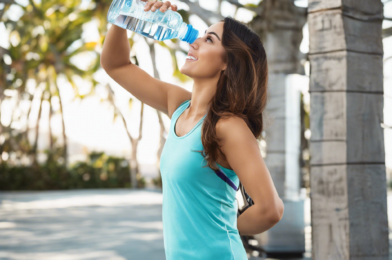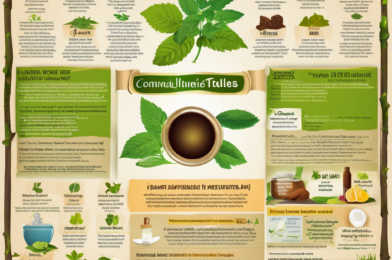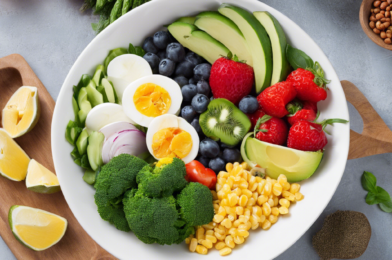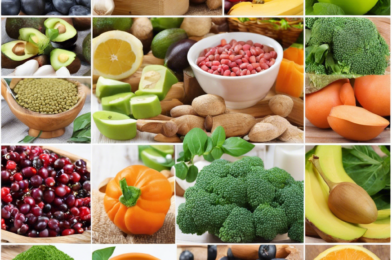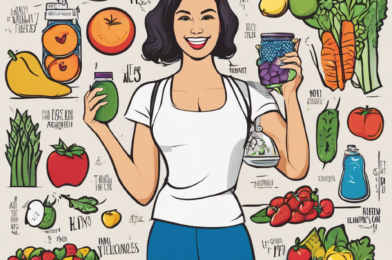Staying properly hydrated is essential for overall health and well-being, yet it’s surprising how often this simple necessity is overlooked or underestimated. Our bodies are composed of about 60% water, give or take, and this vital resource plays a plethora of roles in maintaining our bodily functions. From regulating body temperature and transporting nutrients to flushing out toxins and moisturizing our skin, water is undeniably the elixir of life.
So, how much water should we be drinking each day to stay adequately hydrated? The famous “8 glasses of water a day” rule has been ingrained in our minds, but the truth is that the amount of water each person needs can vary. Factors such as activity level, climate, health conditions, and even the water content of the foods we eat can influence our hydration needs. For example, someone who exercises vigorously or lives in a hot climate may need more than the average person. As a general guideline, the US National Academies of Sciences, Engineering, and Medicine recommends that women consume approximately 2.7 liters (91 ounces) of fluids per day and men consume approximately 3.7 liters (125 ounces). However, it’s important to remember that not all of this fluid needs to come solely from water.
Other beverages, such as tea, coffee, and fruit juices, can contribute to your daily fluid intake, though it’s worth noting that excessive consumption of sugary drinks or beverages with diuretic effects may do more harm than good. Additionally, the water content of foods can also provide a significant portion of our fluid needs. Fruits and vegetables, in particular, tend to be high in water content and can help keep us hydrated. For instance, watermelons, strawberries, cucumbers, and lettuce are all composed of over 90% water. Including such water-rich foods in your diet can help ensure you’re getting sufficient hydration.
While the 8-glasses-a-day rule is a useful reminder to stay hydrated, it’s not a one-size-fits-all solution. Monitoring your fluid intake and understanding your body’s unique needs is essential. One simple way to gauge your hydration level is by checking the color of your urine. A pale yellow to clear color usually indicates adequate hydration, while darker yellow may suggest a need to drink more fluids.
Staying hydrated has a plethora of benefits, and it is a simple way to improve your health. Proper hydration can improve your energy levels and cognitive function, aid in digestion and waste removal, enhance physical performance, and benefit your skin health. It is especially important to prioritize hydration if you are ill, as your body loses fluids more rapidly when fighting an infection.
Dehydration is a common issue, and it can have adverse effects on your body and mind. Even mild dehydration, which is defined as a 1-3% loss of body weight from fluid loss, can lead to headaches, fatigue, decreased concentration, and mood changes. More severe dehydration can cause dizziness, rapid heart rate, low blood pressure, and in extreme cases, organ failure and death. It is therefore imperative to prioritize hydration to maintain optimal physical and mental performance and safeguard your health.
For athletes and active individuals, proper hydration is paramount. Sweating during exercise can lead to significant fluid loss, and failing to replenish these fluids can impair performance and lead to heat-related illnesses. It is recommended that athletes start hydrating before their workout or competition and continue drinking fluids throughout and after their activity. Sports drinks can also be beneficial for intense or prolonged exercise, as they provide carbohydrates for energy and electrolytes to help replace lost minerals.
The type of water you drink also matters. While tap water is a convenient and cost-effective option, it may contain contaminants or have an unpleasant taste depending on your location and the quality of your local water supply. Bottled water is a popular alternative, but it generates plastic waste and can be less affordable. Investing in a quality water filter can provide peace of mind by removing contaminants, improving taste, and encouraging you and your family to drink more water. Reusable water bottles are also environmentally friendly and cost-effective solutions.
In today’s fast-paced world, it’s easy to forget to drink enough water, especially if you’re not a fan of the taste or don’t feel thirsty often. Setting reminders on your phone or keeping a reusable water bottle with you can help you stay on track. Adding flavors to your water, such as lemon, lime, mint, or cucumber slices, can also make it more appealing if you struggle with plain water. There are even water bottles with built-in infusers that make adding flavors a breeze.
For those who find drinking ample water a challenge, infusing it with flavor can make a world of difference. Sliced fruits, herbs, or even vegetables can be added to still or sparkling water for a refreshing twist. If DIY isn’t your style, there’s an array of flavored water options on the market, from natural fruit essences to vitamin-infused varieties. These alternatives can help you stay on track with your hydration goals without the added sugars and artificial ingredients often found in traditional soft drinks.
Proper hydration is a cornerstone of good health, and by understanding your body’s unique fluid needs and adopting strategies to make water more palatable, you can ensure you’re giving your body the hydration it needs to function at its best. Remember, no single formula fits everyone, so pay attention to your body’s cues and make adjustments as needed. Your body will thank you with increased energy, improved cognitive function, and better overall health. Stay hydrated, stay healthy!
I hope this article meets your expectations. If you would like me to add anything else or change anything, please let me know!
